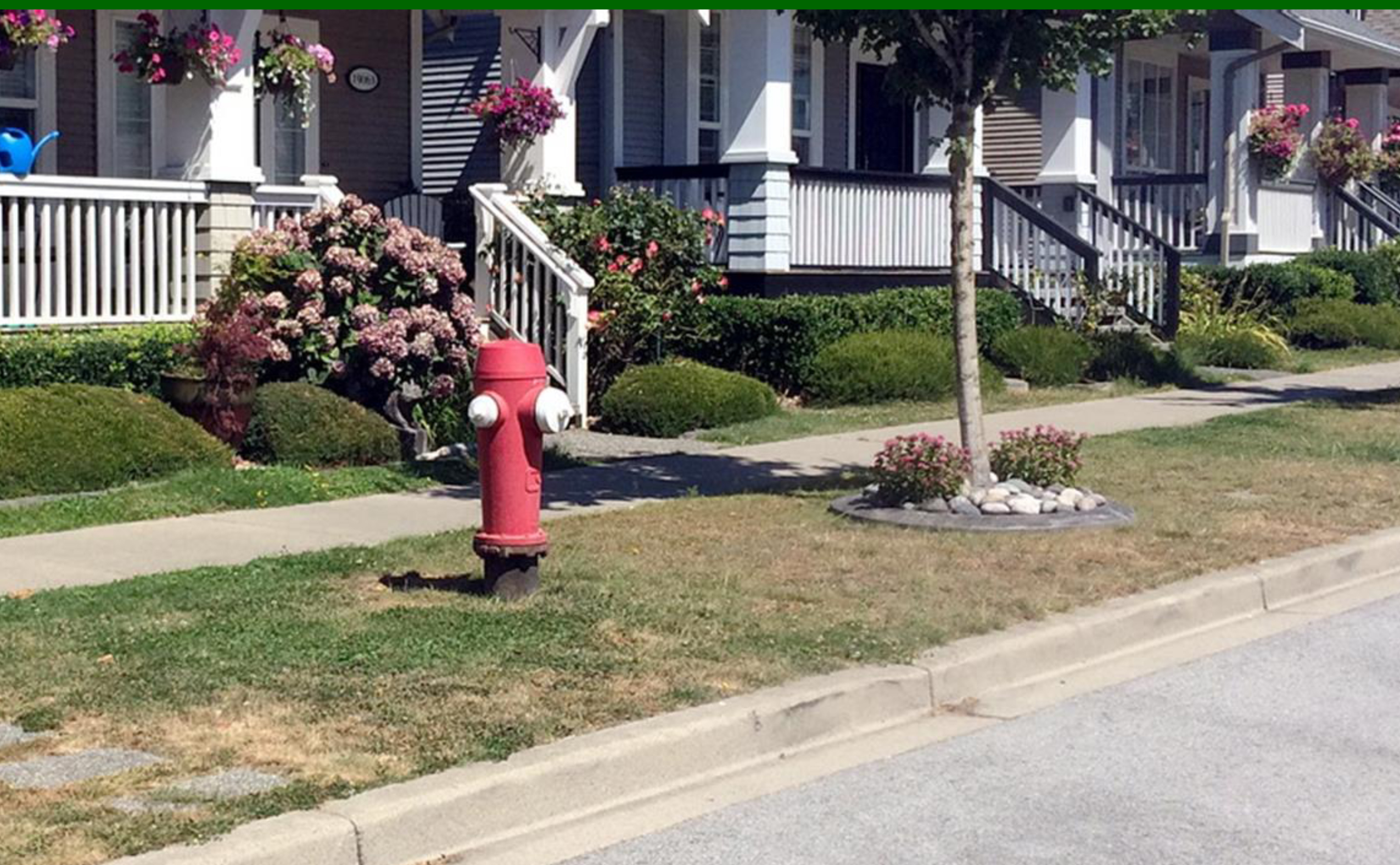A Response to Illicit Drug Overdoses: Naloxone Administration in Surrey and Vancouver, British Columbia
The administration of naloxone by fire first responders was initiated in Vancouver and Surrey in response to increasing opioid related overdose incidents along with the inability of first responders’ to administer an antidote treatment. The naloxone administration protocol was implemented in February 2016 and this study discusses the experiences to date in both cities. Overall, … Read more











